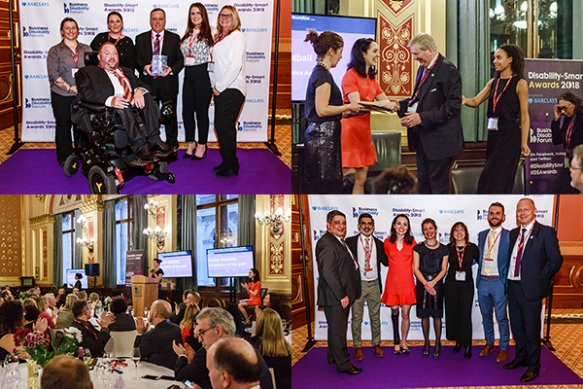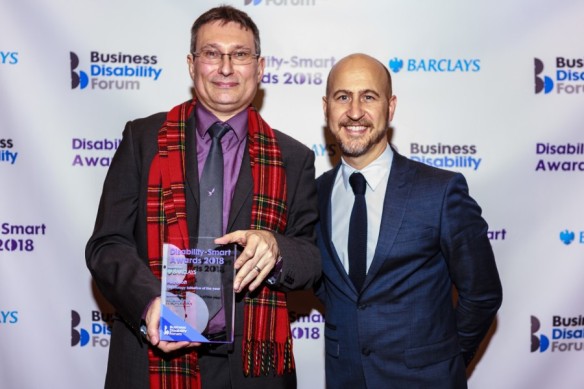By Lucy Ruck, Taskforce Manager at Business Disability Forum

It would be great if it was, and in so many ways, it really should be. There are more resources, groups and information available than ever before. The business case (and I struggle with that, because why should we need a business case to employ and provided services to people with disabilities and long term health conditions? I’ve never been asked for a business case to employ men) is stronger than ever, with more and more research on how organisations are losing out by not making their products and services available to everyone.
In my role as Taskforce Manager for Business Disability Forum, I find myself speaking to a new contact most weeks about the work that we do. In nearly six years of this, I have yet to find someone who didn’t agree that we should be doing more. So why is this proving such a challenge?
I think that people often want me to deliver ‘magic accessibility pixies’ to them, who will sweep in, waving their wands over all your inaccessible systems and as if by magic – they’re all sorted! I do love magic pixies, but they just don’t exist. It’s like most things in life, if you want something done, you need to work hard at it, have a focus and you will achieve your goals.
Where do you get started with trying to address your organisation’s accessibility issues and how do you know what the issues are? Funnily enough, Business Disability Forum has an amazing tool, called the Accessibility Maturity Model (AMM) and it’s free for anyone to use. The AMM is a self-assessment tool that helps you to look at the tech you have in place and assess how you think about inclusion. It will help you to prioritise what you need to do next and generally give you a focus.
In my experience, I have found that many people who work in digital accessibility, it can be quite an isolating role. More often than not, it’s added to an existing role, so they don’t have dedicated time and resources to really make an impact. But things are changing. I used to only know two or three organisations that had dedicated accessibility colleagues, and I can now think of about 10 different organisations that have a lead full-time post on digital accessibility.
Networking can make a huge difference and really help to move organisations forward and help maintain that positive momentum. We have a Technology Showcase event coming up on Tuesday 3 March, generously hosted by PwC, but there are also some amazing events run on a monthly basis by London Accessibility and Nottingham Accessibility.
Make it one of your new year’s resolutions to just think about accessibility more: How will our product or service work better if we think about inclusion?; How can we embed this within our tech departments, and more broadly across our organisations?
So, is 2020 the year of accessibility? Maybe. If we keep spreading the word and keep on with the hard work it really could be. We are certainly on the cusp of something great.









